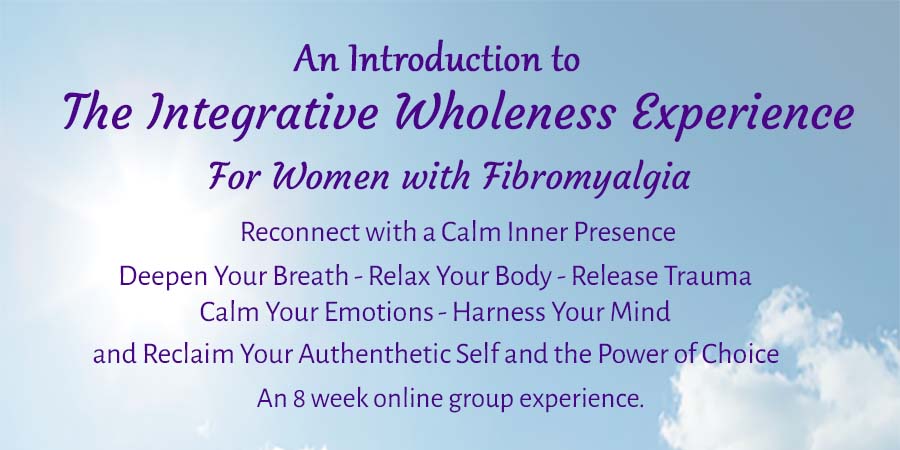Trauma Symptoms and the Nervous System
Symptoms from trauma can be caused by chronic dysregulation of our nervous system. This can impact us in two areas, physical/somatic and psychological. In this post, I will talk about the physical. Next week we will look at psychological impact.
Chronic dysregulation of the nervous system affects hormonal processes, metabolism and pain perception. Which in turn can contribute to physical symptoms such as.
- GI issues, like irritable bowel syndrome, digestive issues, bloating, cramping, pain.
- Gastritis, which is an inflammation of the lining of the gut.
- Headaches, especially migraines, are common.
- Cardiac issues, including cardiac arrhythmias– these can also be caused by other organic issues, but are frequently seen in people with trauma histories.
- Musculoskeletal issues, like fibromyalgia and chronic pain
- Chronic fatigue
- Respiratory issues like asthma and reactive airways
- Dermatological issues like hives, rashes.
- Autoimmune diseases, psoriasis, Crohn’s disease, celiac disease, lupus.
- Rheumatoid arthritis and osteoarthritis.
- TMJ– temporomandibular joint, your jaw, and the tendency for it to lock.
- Restless legs syndrome.
Sound familiar?
There’s more, but this is an overview to give you a sense of how far-reaching these symptoms can be. Symptoms are different for different people depending on their lifestyle, genetics, the type of trauma, and other factors.
Keep in mind that there can also be physical causes for symptoms, so it is good to explore that possibility also with a competent health care provider.
This may seem discouraging, but there is hope!
As we release our trauma, our nervous system becomes more regulated. That allows the body to rebuild your health from the inside out. Sometimes the dysregulation becomes a habit that the body naturally defaults to.
I have experienced great improvement in my physical and emotional health from my focus on healthy my trauma. One of the greatest blessings is that I sleep really well which also has reduced my pain and fatigue.
You can begin now. Here are some simple tools that can begin to regulate your nervous system.
The Breath
Notice your breath. Breath in for 2 counts and out for 4 counts. Or in for 3 counts and out for 6 counts. The idea here is to have the exhalation be twice as long as the inhalation. it’s ok if the exhalation isn’t twice as long. Just let it be longer than the inhalation.
The Heart
Simply placing your hand on your heart and feel the connection between your hand and your heart. You can increase the effectiveness of this by saying something kind to yourself. Even something as simple as “I hear you.”
The Hug
Place you right hand under your left armpit. And your right hand on your left upper arm. Gently squeeze . . . giving yourself a hug.
Daily Practice
Can you commit to 10 minutes per day to use these simple tools? Play around with them and notice how your body responds. Which works for you? You can combine them as well, using the Breath with the Heart and the Hug.
You can begin to bring your nervous system back into balance. The results may be subtle or obvious. With consistent practice over a period of months you will notice a difference. What have you got to lose?
May you regulate your nervous system. 💗Bindu
Coming Soon!




